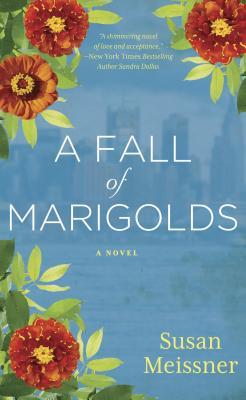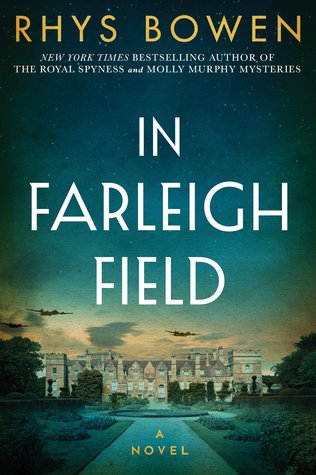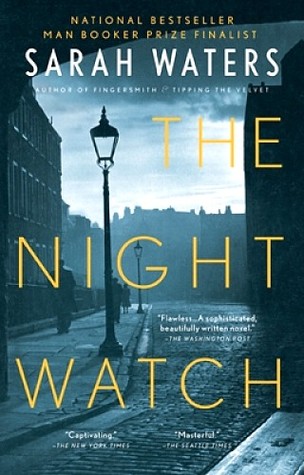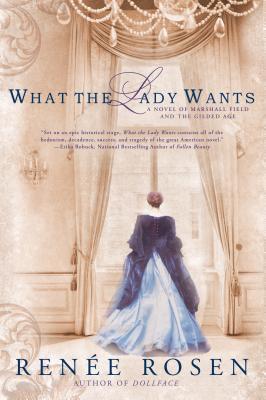 The Toughest Indian in the World by Sherman Alexie
The Toughest Indian in the World by Sherman Alexie
Published by Grove Press
I didn’t dislike this book because I am not a fan of Alexie as a person (a fact I learned while reading this book). I disliked the book because the stories were just okay to me. There were a few I enjoyed, and even cared about the characters, but overall I had to slog through it. Most of the stories kept repeating the same themes and I found myself uninterested in the majority of what Alexie had to say. His writing is good, I will give him that, but the way women are treated in some of his stories was a major turnoff for me. It was a bit much overall. This book, and I believe Alexie in general as a writer, is just not for me.
 On Chesil Beach by Ian McEwan
On Chesil Beach by Ian McEwan
Published by Jonathan Cape
This entire novel is based on the wedding night of two people, Florence and Edward, who wed in 1962. On their wedding night, they both have anxieties about consummating their marriage, and things go horribly awry. I just did not get this book. One bad night and these two people can’t get over it? I suppose the overall theme is more about how a misunderstanding can have huge consequences; how not setting up proper expectations or, god forbid, TALKING about stuff, can really ruin relationships, and things like that. But wow were these people so silly to me. JUST TALK IT OVER. I don’t get it. The book annoyed me and I will not be seeing the movie.
 Wives of War by Soraya M. Lane
Wives of War by Soraya M. Lane
Published by Lake Union Publishing
This is a novel about two young women, Scarlet and Ellie, working as nurses during World War 2. Scarlet is hoping to find her fiancé, who has been missing for months, and Ellie is single and hoping to do her part for the war effort. I didn’t hate this book but thought it was just okay. I liked both Scarlet and Ellie as characters, but I did think they were both one-dimensional and didn’t seem to have much depth to their personalities. They also fell into this insta-friendship that was a little strange; but I suppose somewhat realistic given the intensity of the situation they were thrown into. Towards the end the story picked up for me and I did like how things were resolved with both women, but overall it was just okay. There are tons of other books about this time in history that are MUCH better so I would recommend skipping this one.
 North Haven by Sarah Moriarty
North Haven by Sarah Moriarty
Published by Little A
Four siblings come together for the summer after their mother has just died, leaving their family beach house for them to figure out whether to keep or sell. This is one of those books that follows a premise we’ve all seen a million times, but unfortunately in this case it doesn’t have anything unique to add to the chorus of these kinds of novels. I didn’t dislike the characters, but I didn’t particularly enjoy any of them either. They each had their set personalities and specific back stories from childhood that nobody really seemed to grow out of. The book exhausted me – I just wanted them to figure out what they were going to do, get past their family issues and call it a day so that I could finish the book. North Haven was ultimately a book that I will forget very soon.









